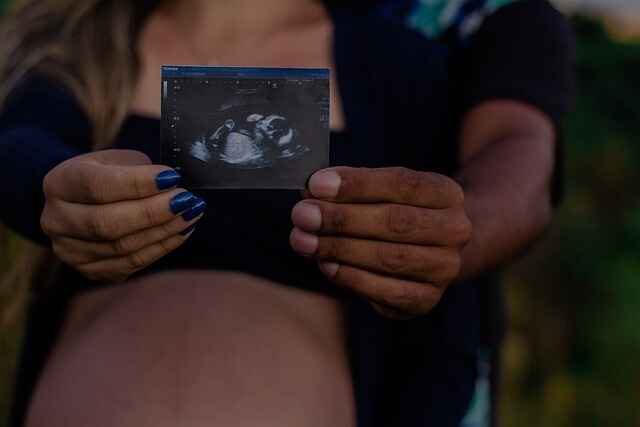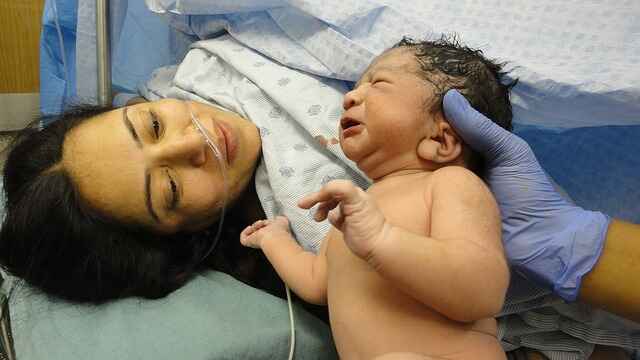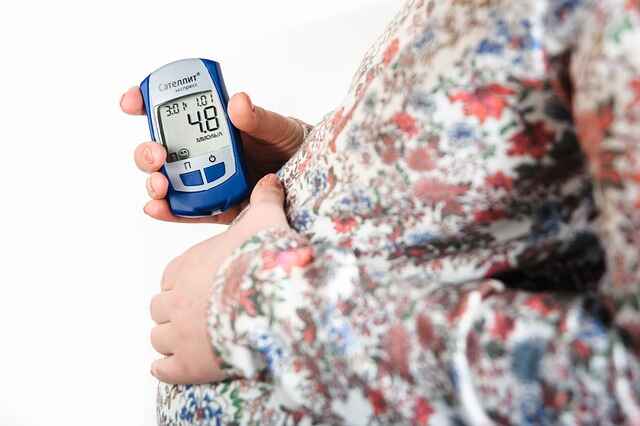Diabetes can have an impact on your pregnancy, your health, and the health of your unborn child. However, maintaining regular blood sugar (glucose) levels throughout your pregnancy will help prevent issues. Women who already have diabetes and are planning to get pregnant, here we share all about pre-existing diabetes and pregnancy.
Pre-existing Diabetes And Pregnancy: How Diabetes Can Affect You and Your Baby

Pregnancy presents several dangers for women with diabetes. If diabetes is not properly managed, the baby is exposed to high blood sugar levels while still being inside the mother. Babies that are exposed to this, have a high risk of birth abnormalities and other health issues. A baby’s organ development occurs throughout the first seven weeks of pregnancy. Often, at this stage, mothers aren’t even aware that they are pregnant. So, it is quite crucial that mothers ensure that their blood glucose levels are within the target range before becoming pregnant.
Pre-Existing Diabetes and Pregnancy: Risks in Baby
- Birth defects
- Early birth
- Loss of pregnancy (miscarriage) or stillbirth
- Low blood sugar after birth
- Jaundice
- Obesity in childhood and adolescence
Pre-Existing Diabetes and Pregnancy: Risks For The Mother
- Difficult delivery or C-section.
- protein in the urine and high blood pressure (preeclampsia)
- The mother may feel uncomfortable with a huge baby, and there may be a higher risk of damage during delivery.
- an increase in renal or diabetic eye issues
Before You Get Pregnant
Consult with your doctor at least six months before you decide to become pregnant. Prior to becoming pregnant and during the entire pregnancy, you should have stable blood sugar levels.
Before Getting Pregnant, You’ll Want To:
- Aim for an A1C level of less than 6.5%
- Make any changes needed to your diet and exercise habits to support your blood glucose and targets
- Maintain a healthy weight
During Your Exam, Your Provider Will:
- Check the level of your thyroid.
- Obtain samples of your blood and urine.
- Discuss any diabetic complications with you, such as eye or kidney issues, as well as other health issues including high blood pressure.
Your doctor will let you know which medications are safe and which ones are not. Type 2 diabetic women who take oral diabetes medications frequently have to switch to insulin during pregnancy. Many diabetes medications could be harmful to the unborn child.
Also Read: All You Need To Know About Chemical Pregnancy!!!
Pregnancy And Prenatal Care
To ensure both you and your unborn child are healthy as well as safe during your pregnancy, you need to consult your medical team, especially an obstetrician who specializes in high-risk pregnancies (maternal-fetal medicine specialist).
Your blood glucose levels will alter during pregnancy as your body changes, and as your unborn child grows.
Additionally, it can be challenging to recognize low blood sugar symptoms while pregnant. To ensure that you stay within your goal range, you will therefore need to check your blood sugar up to eight times per day.
Following are typical pregnancy target blood sugar goals:
- Fasting: 95 mg/dL or less
- less than 140 mg/dL an hour after a meal, OR
- Less than 120 mg/dL two hours after a meal
Consult your healthcare practitioner to learn your precise goal range and how frequently you should test your blood sugar. You will need to regulate what you consume with your dietician.
About 300 more calories are required daily for pregnant women. However, it matters where these calories come from. So, you must consume a range of nutritious foods for a balanced diet.

- Whole fruits and veggies.
- Moderate amounts of starchy vegetables like maize and peas together with whole grains like bread, cereal, pasta, and rice
- Fewer sugary foods such as soft drinks, fruit juices, and pastries.
Keep your daily intake of food (proteins, fats, and carbohydrates) constant. You may be able to maintain stable blood sugar levels by doing this. Your blood sugar levels can be managed with exercise.
Labour and Delivery
You can either induce labor or let it begin naturally. If the baby is huge, your doctor might advise a C-section. During and following delivery, your healthcare professional will check your blood sugar levels. During the first few days of life, your baby is more likely to experience episodes of low blood sugar (hypoglycemia) and may require observation in a newborn intensive care unit (NICU) for a few days. You must continue keeping a tight eye on your blood sugar levels once you get home.

When to Call the Doctor
- Make an immediate appointment with your provider if your pregnancy was not planned. If you have any of the following diabetes-related issues, contact your provider:
- If you can’t maintain the desired range of blood sugar
- Your unborn child appears to be moving less frequently inside your tummy.
- You can’t see clearly.
- You feel thirstier than usual.
Yes, pre-existing diabetes and pregnancy are tough but they can be managed well with a lot of care and consultation with a medical team.





